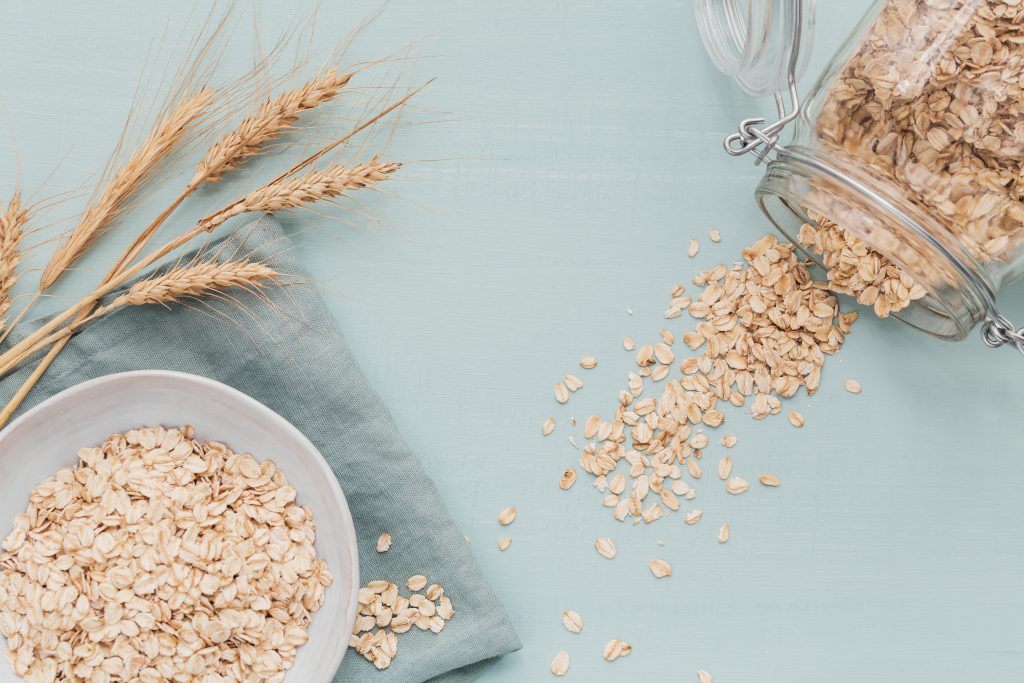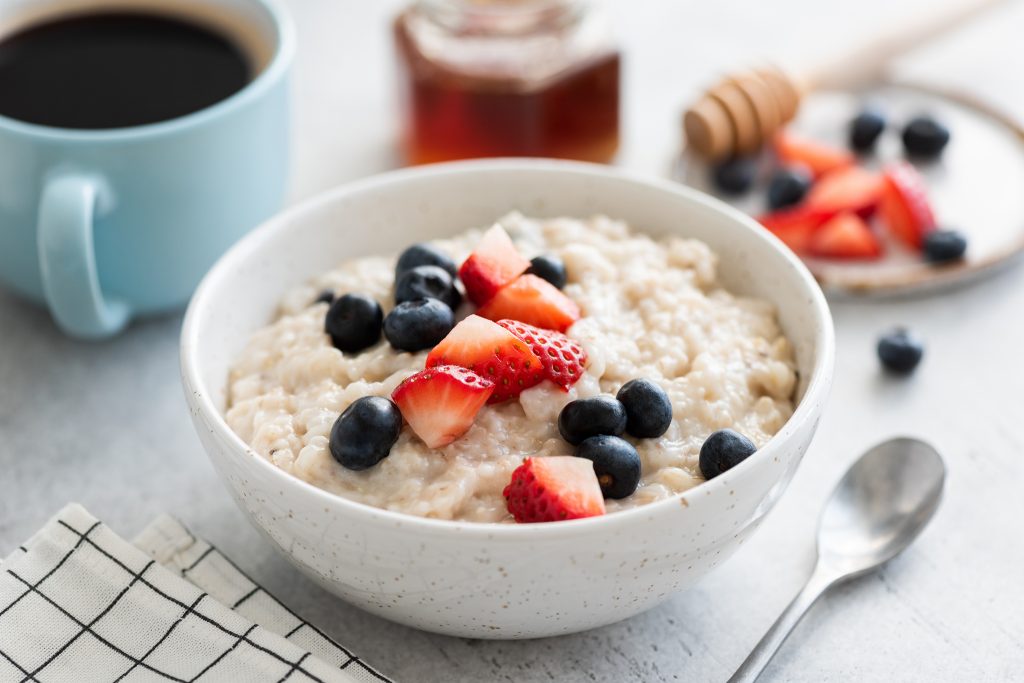
How much Oats should I eat per day?
Oats, also called Jo in Urdu, is a common breakfast meal in Pakistan. A majority of us consume cooked Oats almost daily with milk. Sometimes, it also gets coupled with some French Toasts or steaming hot Paratha. However, have you ever pondered as to how many Oats are okay? Is there a negative aspect to excessive Oats consumption? Well, let’s find out the truth in this comprehensive blog. Read more!
The Origin Story of Oats
Usually, the Oats hold the status of secondary crops. Evidence shows that the earliest of Oat cultivation got conducted in the Fertile Crescent, Near East. Ever since, cultivation has traveled westwards, including the Middle East and Europe. These western lands offer the wetness and coolness required for Oats production. Currently, some of the largest producers of Oats include Russia, the United States, and Australia.
The fundamental use of Oats is in the food industry as well as consumption. Oats get crushed, grounded, boiled, and baked to make a hundred different food varieties. Some people also process it to make Oat milk, which is one of the milk substitutes. Oats also get used as a thickening agent in soups. Apart from food consumption, the biggest application of Oats is in livestock feed and fodder production.

Oat’s Nutritional Content
Did you know that only 100-grams of raw Oats can provide up to 389 calories? Well, this food is surely super nutritious. Here are some more nutrients you will get:
- 8% of water
- 66.3-grams of carbohydrates
- 16.9-grams of protein
- 6.9-grams of fats
- 10.6-grams of fiber
According to these stats, Oats seem to be abundant in carbohydrates. However, only 1% of it is sugar, while the rest is starch and fibers. When compared to porridge (1.7% fiber), whole oats offer far more healthy fiber that improves digestion. Also, Oats provide up to 17% of high-quality proteins that are much higher than other grains.
Moreover, Oats are an excellent source of many essential vitamins and minerals. Here are a few and their uses:
- Iron: It is a component that transports oxygen in the blood.
- Manganese: It’s important for metabolic health and overall development.
- Selenium: The antioxidant boosts the immune system and brain functions.
- Phosphorous: It’s a mineral required for better bone and tissue health.
- Zinc: It participates in several chemical reactions.
Health Benefits of Oats
With such a composition, the Oats surely have a nutritious and beneficial profile. You must have heard about its usefulness from your parents and even grandparents. But, how much is it healthy? What does it give to your body? Let’s find out!
- Prevention of type 2 Diabetes
Diabetes is a long-term condition of abnormal blood sugar regulation and decreased production of insulin. There are two primary categories in Diabetes, referred to as type 1 and type 2. While type 1 diabetes patients have the disease in their genes, type 2 diabetes patients contract it later in life due to unmonitored sugar consumption.
Well, research proves that the fibers in Oats help moderate sugar levels and insulin production. However, to benefit from this property, you must not consume boiled oats. Grounding Oats before cooking is more efficient.
- Lowers Cholesterol
High cholesterol levels are a prominent health concern that can lead to fatal heart diseases. However, studies show that the Beta Glucan content in the Oats can lower cholesterol levels. The Beta Glucan increases the viscosity of the consumed foods so that the fats and cholesterol do not get absorbed in large quantities. Eventually, it pushes the cholesterol sources out of the body and prevents their absorption.
- Immunity Boost
Research indicates that Oat fiber also boosts our immune system and nourishes the body. Plus, the other components of Oats deliver essential nutrients for growth and development.
Adverse Effects & Risks
Generally, Oat consumption has no real adverse effect or risk. However, it may trigger undesirable situations for gluten intolerant people. So, as a precautionary measure, one with gluten intolerance must avoid eating Oats.
Also, at times, sellers mix wheat grains with Oats. Consequently, people with a wheat allergy may experience adverse effects. To avoid such scenarios, always purchase pure Oats from reputable sellers.

So, how many should you eat per day?
As mentioned earlier, Oats do not have any adverse effects in healthy individuals. So, there appears to go be no real restriction on the quantity you can eat. But, to avoid any potential issue, it is recommendable to eat no more than ½ cup serving. Note, you must always consider a dietitian or medical expert before making health-related decisions.
Hopefully, you must have gained valuable information about Oats. Let me know your thoughts below!
Leave your comment
You must be logged in to post a comment.